How to run a profitable Airbnb business
Written by Nick Grant
|
Published on 16th September 2022
|
Last Updated on 23rd February 2024
|
Read time: 7 minutes

Considering becoming an Airbnb host? Sharing your space can help you meet financial goals, make lasting memories, and build worldwide connections. But how do you run a successful Airbnb business? That’s where we aim to help.
Keep reading for tips on preparing, listing, and pricing your Airbnb. We’ll also shed light on standard Airbnb charges and how to help protect your property adequately.
How to set up your Airbnb to be profitable
Before your property goes live on Airbnb, preparation is key. Following these steps should help lay the all-important groundwork:
- Survey the market
It’s sensible to first research your property and its surrounding area. It may give you a good idea of how to design, brand, and market your listing. Below, we’ve compiled a few questions you might want to ask yourself.
Who’s your target demographic?
Think about your area and property. Who’s likely to book with you? Suppose your property is a spacious four-bed in the country. In that case, you may think about advertising to families by sharing attractive amenities in the home, such as playrooms and swimming pools. In contrast, a city-based studio flat might be more suitable for a tourist stopping over for a weekend, so you may think about highlighting local attractions like bars and restaurants.
What amenities do you have?
Does your property have any unique or exciting features? It could be a pool, games room, quirky interior design, or room for pets. Whatever it is, anything likely to interest guests is worth shouting about.
Have you sized up the competition?
Consider looking at Airbnb listings to get a feel for what other property owners are charging. Taking a peek at the competition might also provide inspiration for how to differentiate your property.
Have you created a pricing strategy?
You’ll need a pricing strategy before deciding how much to charge guests. If unsure, Airbnb’s Smart Pricing tool automatically calculates a nightly rate based on your location listing, season, demand, and other factors1.
- Understand the costs
Spreadsheets are an excellent tool for keeping track of your costs. You could also categorise your costs into buckets when calculating your budget, using the ones listed below:
- Upfront costs are initial investments you make before the property is listed. Typically, these costs arise from preparing your property for listing. Renovations and new furniture are classed as upfront costs.
- Ongoing costs are items used by guests that will need replenishing, such as toilet paper, batteries, and lightbulbs.
- Maintenance and management costs are for keeping your space liveable, such as cleaning, repairs, and mowing your lawn.
Finished crunching the numbers? Once done, ask yourself whether you’re comfortable with the costs and still have room to make a decent profit.
- Understand local laws and plan accordingly
Understanding your legal landscape can be vital to managing your business. For instance, in the UK, if a host rents out their property for more than 140 days in a year, they are subject to business rates. If you’re listing in Greater London, you’ll need to be aware of laws restricting subletting properties for more than 90 nights2.
- Sort your space
Now, the exciting part – preparing your property for guests. Consider things a guest may want or need. Are there enough toiletries? Are the sheets fresh? Can you do anything that goes one step further than the competition? Consider writing a list to avoid forgetting anything important.
Pricing your Airbnb
You’ve done the research and your Airbnb is prepped. Now to price your property to turn a profit.
- Consider lowering your listing price
If you’re new on the scene, pricing your property lower than the competition might help to secure your first bookings. Airbnb also offers a handy New Listing Promotion, which applies an attractive 20% discount to your first three bookings3. But keep in mind, if you decide to take this route, it’ll also lessen your profits from bookings.
- Use an Airbnb pricing tool
Airbnb pricing tools automatically set your prices for you. Such tools can consider local events, seasons, and competition to calculate a profitable price for your property.
- Promotions and discounts
Airbnb lets you create custom promotions, including length-of-stay discounts. These discounts can help your property appear more attractive to potential guests4.
- Enable Airbnb’s host-only fee structure
Use Airbnb’s host-only service fee structure, and guests won’t have service fees to pay. Instead, you’ll have to pay 15% as a host to cover the service fee5. However, your listing may appear more attractive to guests, potentially leading to increased bookings. It’s worth noting this host-only service fee is mandatory for software-connected hosts and hotels.
- Increase the demand
Marketing your property well is an excellent way to increase demand and profits. One of the most effective ways is through excellent reviews, as potential guests will be more likely to book if others have had positive experiences. You could also send email newsletters to past guests to encourage repeat bookings.
Listing your Airbnb
When it’s time to list your property, avoid exaggerating or withholding information. This may upset guests, potentially resulting in negative reviews. You can also:
- Draw on your property’s attractive features, which may help differentiate it from the competition
- Share photos that highlight your property’s size, features, and rooms
- Include accessibility features that can help guests quickly navigate the property
How much money can Airbnb hosts make?
It’s difficult to offer rough estimations on how much the average Airbnb makes, as it depends on several factors, including:
- How much you charge for your property
- How often you can rent it out
- The demand for your property
- The size of your property and the number of guests it can hold
- The amount you pay for service fees and taxes
Fees to consider when listing with Airbnb
As a host, you can charge guests fees to help cover the costs of running your Airbnb. On the other hand, you’ll also likely incur charges, such as taxes. Check out Airbnb’s standard fees below:
- An Airbnb service fee is charged to help Airbnb run services, such as 24/7 customer support6
- Cleaning fees are charged by some hosts to cover cleaning costs
- Extra guest fees are charged by some hosts for each guest that stays at the property beyond a set number
- Security deposits are sometimes requested by Airbnb and hosts
- Taxes – your tax obligations will vary based on your circumstances. Airbnb recommends researching your obligations or consulting a tax professional to find relevant information7
Property insurance for Airbnb hosts
Suitable insurance for an Airbnb property is another cost to consider, as you may want to include protection against damage, theft, and liability during guest stays.
You may be liable to cover associated costs without adequate insurance, which could reduce your profits. Taking out appropriate cover can help to provide peace of mind if you run into a problem.
Intasures Holiday Home Insurance product is suitable to cover properties let out via Airbnb. We offer buildings and contents cover, with key features including:
- Buildings and contents cover
- Liability protection
- Loss of rent cover
- Theft of personal property, money (up to £250), or valuables
- Optional cover for lost or stolen keys
For full details of cover, including the conditions and exclusions that apply, please see the policy documents.
Get a quote or speak to one of our UK-based representatives by calling 0345 111 0680.
Sources:
- www.airbnb.co.uk/help/article/smart-pricing
- www.airbnb.co.uk/help/article/responsible-hosting-in-the-united-kingdom
- www.airbnb.co.uk/promotions-you-can-apply
- www.airbnb.co.uk/help/article/create-a-custom-promotion
- www.airbnb.co.uk/help/article/airbnb-service-fees
- www.airbnb.co.uk/help/article/how-do-taxes-work-for-hosts
The sole purpose of this article is to provide guidance on the issues covered. This article is not intended to give legal advice, and, accordingly, it should not be relied upon. It should not be regarded as a comprehensive statement of the law and/or market practice in this area. We make no claims as to the completeness or accuracy of the information contained herein or in the links which were live at the date of publication. You should not act upon (or should refrain from acting upon) information in this publication without first seeking specific legal and/or specialist advice. Arthur J. Gallagher Insurance Brokers Limited trading as Intasure accepts no liability for any inaccuracy, omission or mistake in this publication, nor will we be responsible for any loss which may be suffered as a result of any person relying on the information contained herein.
Nick Grant is a Business Development Manager at Intasure with 10 years of insurance experience.

